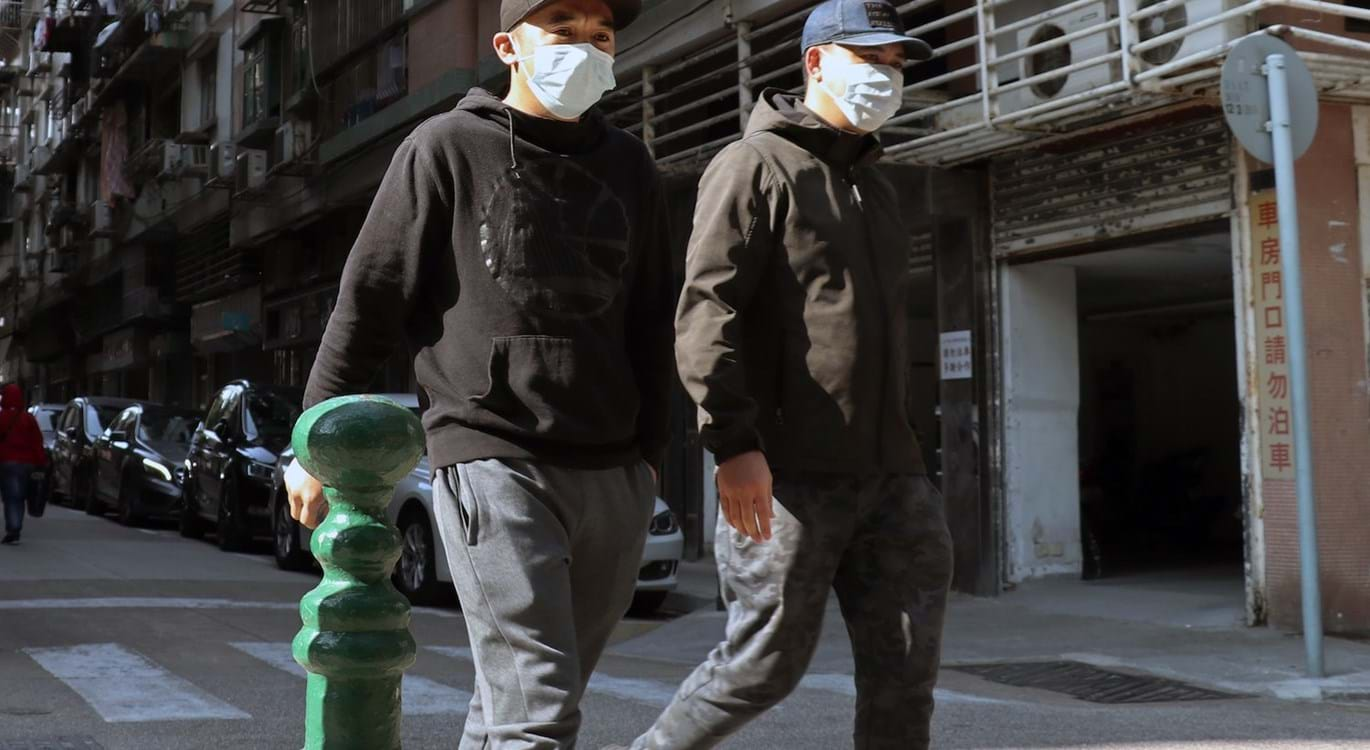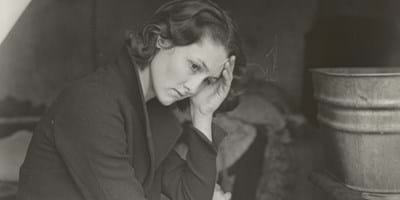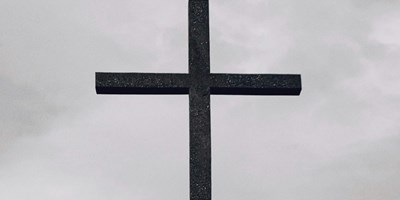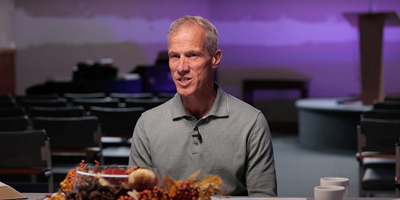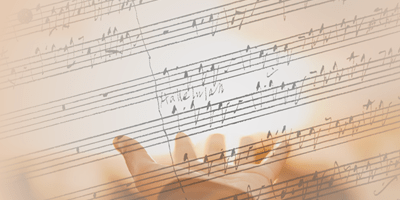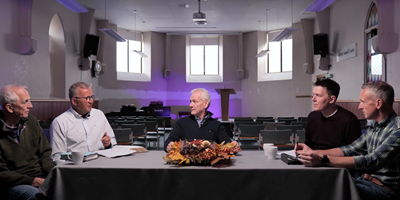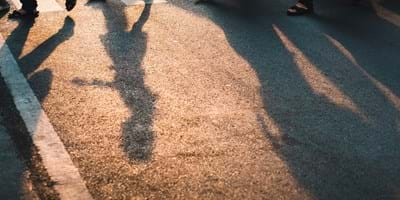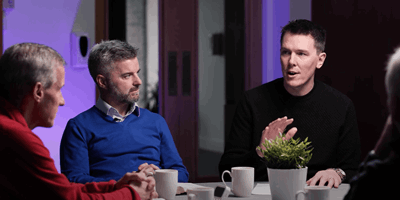Now, in March 2020, there are billions of people familiar with that term. Many live with a fear of catching or transmitting this virus, as the consequences of infection can be lethal.
The Coronavirus outbreak originates from a market in Wuhan, China, where wild animals are traded illegally. Coronaviruses are known to jump from animals to humans, so it’s thought that the first people infected with the disease contracted it from contact with animals. A 61-year-old frequent shopper at the market was the first person to die from the virus.
“Who would have thought that a man eating a bat, in China, would cause the postponement of Euro 2020,” was the over-simplified remark of one disappointed football fan. Yet we can all see how the actions of possibly just one person, in China, have had an unimaginable impact across the globe.
Selfishness and selflessness
The current crisis has shown that there is a problem with selfishness in this world, as one of our earlier blogs has highlighted. Long queues with overflowing trolleys at supermarket checkouts bear testimony to selfish desires and their accompanying actions. For reasons unknown to the writer there has even been an overwhelming urge to stockpile toilet rolls!
Yet, amidst the selfishness, there are acts of selflessness and sacrifice. Health workers have been risking their own lives serving others so that they can get the care that is needed. Those who work in food delivery have worked tirelessly to keep the nation supplied, and communities are displaying neighbourly love towards the vulnerable.
Why do they do this? If evolutionary theory is correct, then why should we care for the vulnerable? Is it not ‘survival of the fittest’? Is Coronavirus not just a method to eliminate the weak so humanity can be stronger? Of course, every right-thinking person will answer an unequivocal ‘No’ to those last two questions.
We do care for the vulnerable and we do want to help those who cannot help themselves. The Bible is very clear that mankind was created in God’s image (Genesis 1:27). That means they were to reflect the transferrable attributes of God, such as His love, holiness and justice. God also gave mankind uniquely the capacity for spiritual fellowship with Him. Nothing else, whether angel or animal, was designed in this way.
So, the image that we can now see displayed in love and care for others is a faint image of our creator God. The image is not totally destroyed, but it is deformed.
Even our best efforts are marked with imperfection. “What are my motives for doing good?”, “Is there any desire in me for praise from others?”, “Am I doing this to be seen as a good person?”, “Would I give this loaf of bread to a neighbour if I was starving?”, or even, “Would I give this loaf of bread to an enemy if I was starving?” are the sort of questions we can ask ourselves and not be entirely comfortable with the answers. Even our best endeavours can have some measure of questionable motives or actions within them.
Just a brief look within ourselves testifies to a falling short of displaying God’s image. How did mankind get into this ‘state of not fully displaying God’s image’ or, to use biblical terminology, ‘sin’? The letter to the Romans gives us, perhaps, the most succinct explanation.
“For as by one man's disobedience many were made sinners …” (Romans 5:19a)
The actions of one man, not in a Wuhan market, but in the garden of Eden, had consequences that have impacted all of us. Adam, the first man and representative of all mankind, chose to disobey God. The consequence of that sin, physical and spiritual separation from God, has impacted everyone. In the Bible the impact is quickly seen, as one brother kills another (Genesis 4) and death is recorded (Genesis 5).
The truth of Romans 5:12 can be clearly seen:
“Therefore, just as through one man sin entered the world, and death through sin, and thus death spread to all men, because all sinned.”
We might well argue that it is unfair for one man’s disobedience to have such a devastating consequence for us, but it is helpful to remember that in Adam we were introduced to everything and if he had immediately died physically we would not even have life.
Cure
At the time of writing there is no vaccine for the Coronavirus, although a plethora of resources are rightly being devoted to developing one. Millions, if not billions, of people will hope that one can be found so that the horrifying outcome of this virus can be halted. Sadly, there has been a lot of fake news about supposed cures (BBC).
We should all have tremendous sympathy for those who are affected with the virus. The whole population will, of course, experience some degree of isolation and financial pressures will come upon most people but there will be those who lose loved ones. Death brings grief and we do grieve with those who suffer such loss as this.
The great message of the Gospel is that God does care about humanity. Although our sin nature means we rebel against Him in a variety of different ways, He does still love us. He loves those who deny Him, ignore Him or misunderstand Him. This is truly amazing love!
One of the great tragedies in this world is that many think they have found a cure for our separation from God by seeking to be good. ‘If I do enough good works then God will look favourably upon me and accept me’ is the perceived cure. Yet the Bible refutes that as a cure for the sin problem. It is a ‘fake cure’:
“Therefore by the deeds of the law no flesh will be justified in His sight, for by the law is the knowledge of sin” (Romans 3:20)
The cure for our separation from God is not ‘do as much good as you can’. None of us can attain to the standard of God’s law. The law points out our inadequacy and our need of a Saviour.
Thankfully, God Himself has provided the cure for this, our greatest problem:
“… so also by one Man's obedience many will be made righteous” (Romans 5:19b)
Although we have all been impacted by Adam’s disobedience, the great news is that we can be restored to God and regarded as righteous in His sight not because of any work done by us but by the work of the only perfect man, the Lord Jesus Christ. The actions of one impact many.
The Lord Jesus lived a perfect life on earth. This man was absolutely ‘without sin’. There was no need for Him to die or be separated from God. Yet out of His great love for sinners, such as you and me, He went to the cross and took the punishment for sin so that whoever trusts in Him can know sins forgiven and be restored to God. There is a cure for the sin problem: it is repentance towards God and faith in Jesus Christ.
The Coronavirus is a terrible virus and we are all called to do what we can to help others through this chapter of human history. But perhaps it is also a wake-up call to us! It causes us to ask questions, such as:
What is important? What about death? Where do I stand before God?
God has provided a cure for your greatest problem. Through faith in the risen Saviour, Jesus Christ, you can know peace in troubled times and have a certain hope of better days.


